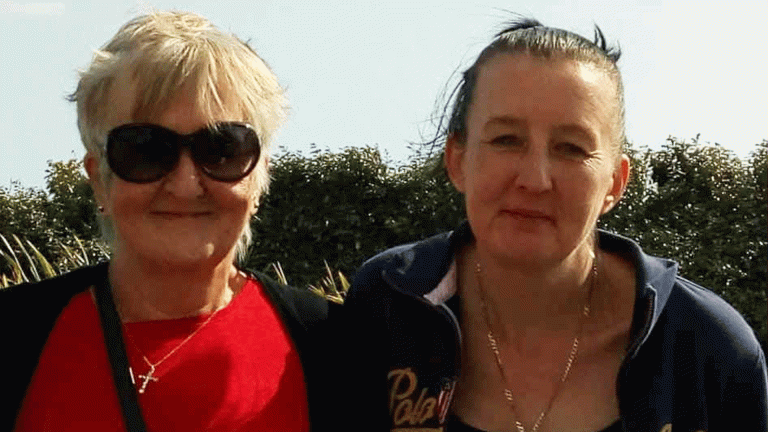In the midst of a housing crisis, Stonewater, one of the UK’s largest social housing providers, is taking a holistic approach to tackle the issue head-on. With around 39,000 homes serving more than 82,000 customers, Stonewater is proving that putting a roof over someone’s head is just the beginning of the journey towards a stable, fulfilling life. “We’re incredibly proud to offer a wide range of services that not only help people survive, but thrive,” says Helena Doyle, Customer Experience Director at Stonewater. It’s a bold statement, but one that’s backed up by a diverse portfolio of initiatives that go far beyond traditional housing provision. Stonewater’s vision – for everybody to have the opportunity to have a place they can call home – might sound simple, but it’s underpinned by a complex web of support services. Their mission is to offer good-quality homes and services for people whose needs are not met by the open market. “It’s not just about bricks and mortar,” Doyle explains. “It’s about giving security to those who need it the most.”
Supporting vulnerable communities
This ethos is exemplified in Stonewater’s approach to supporting survivors of domestic abuse. In southeast England, the organisation runs a refuge that’s intended as more than just a safe space – it’s a launchpad for rebuilding lives. “Everything is explained to me if I can’t take it in first time,” says one resident, who wishes to remain anonymous. “My support worker is always here for me, [she’s] brilliant. I feel I’m starting to open up a bit more to her. Other staff members are also caring and approachable to talk to when needed.” It’s this kind of personalised, trauma-informed support that frames Stonewater’s approach. The refuge offers not just accommodation, but a range of services including counselling, skills workshops, and help with finding permanent housing.
The organisation’s reach extends far beyond domestic abuse services. From retirement living schemes in Banbury and Leamington Spa to young people’s foyers in Poole and Swindon, Stonewater is addressing housing needs across the spectrum of society. Take Bow Court, a supported living scheme for adults of all ages, which is challenging preconceptions about what accommodation might look like in later life. “Bow Court is an ideal environment for older customers that want greater independence than you would traditionally expect from a retirement scheme,” says Doyle. Here, residents are supported to build skills and confidence, proving that it’s never too late to learn and grow.
For younger customers, Stonewater’s foyers in Poole and Swindon offer a crucial stepping stone to independence. These facilities provide not just a roof, but education, training, and employment support to help young people build sustainable futures. The group’s commitment to inclusivity is perhaps most evident in their LGBTQ+ Safe Space in the southwest of England. Since 2019, this pioneering project has provided a lifeline for 19 people, offering not just accommodation but specialist support for multiple and complex needs. “Many customers arrive at these spaces having experienced homelessness in their lives,” Doyle notes. “But providing a place to live is only the first step.” This philosophy is at the heart of Stonewater’s approach – recognising that true security comes not just from four walls and a roof, but from the opportunity to build a life.
Innovating for sustainable solutions
In response to the cost of living crisis, Stonewater has also implemented initiatives to help residents manage their bills and improve sustainability. They include energy-efficient technologies in their newly built homes and upgrades to existing homes through a retrofit programme. Advice services also help residents reduce their energy consumption, demonstrating a commitment to sustainability that directly benefits customers.
This holistic approach is yielding results. In Brighton and Hove, the group recently unveiled the ‘Safe Haven by the Sea’ report, a comprehensive study of housing challenges and solutions for domestic abuse survivors in the area. The report, shaped by the experiences of survivors themselves, is set to influence policy and practice in the region and beyond. But Stonewater isn’t content to rest on its laurels. The organisation is continually looking for ways to innovate and improve its services. A recent partnership with Southdown Housing, for example, has created a crucial safe accommodation pathway for survivors moving on from the Brighton and Hove refuge. “We help create an environment where individuals can build the skills and confidence they need to live independently through relationship building, support networks, and career support,” Doyle explains.









